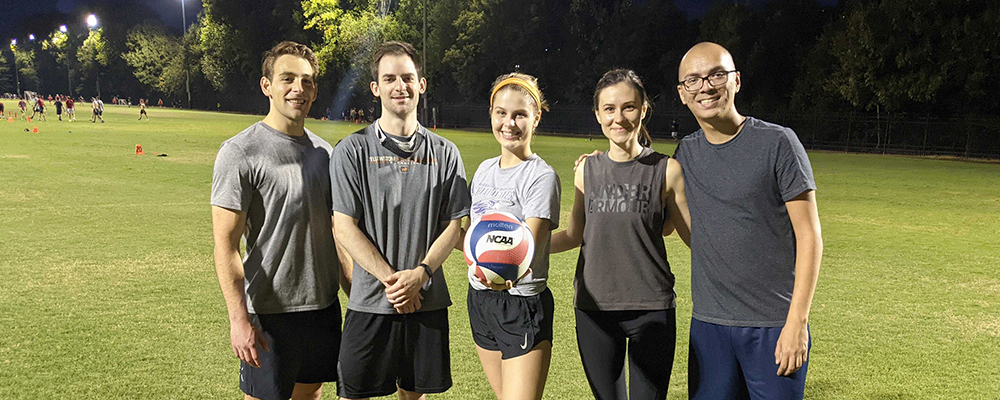At the start of my IT career, when I was introduced to the field of data analytics, using data to solve problems appealed to me for the humanitarian possibilities it yields. Outside of my job, I was engaged with local nonprofits and NGOs working in fields that I was passionate about, but I had never considered how my interest in using data could address issues that face the community. I did some research and discovered an organization called DataKind. DataKind seeks to partner with humanitarian groups all over the world to help them use data to optimize their operations. Discovering that there is an application of data analytics that can be used to address issues that face the community is what galvanized my decision to pursue a career in data analytics.
When DataKind announced a community event in the Triangle in April 2017, I was eager to participate. These events are called “data drives” and entail working on an analytics project for a weekend. This event featured a mix of nonprofits. They included: Habitat for Humanity, the Anti-Defamation league, Counter Tools, and Step Up Durham. Step Up Durham is a program that connects employment opportunities and job training to unemployed people in Durham. I selected the Step Up Durham project because I lived in Durham at the time and was aware that unemployment in Durham is high relative to the rest of the Triangle. Step Up Durham provided us with data of their operations including the demographics of the job seekers. We looked at data that allowed us to compare the participants based on how they were referred to the program and discovered that the most successful job applicants came to the organizations as referrals from churches. When we presented this pattern to the Step Up Durham board, I could see their wheels turning: we advised them to form partnerships with more churches and other faith-based organizations in the area to increase referrals of their parishioners to their program.
This event was a great introduction to the kind of projects I could do after I learn the analytics skills I am at the Institute to develop. Moreover, it gave me a great sense of purpose in learning how to write code and interpret data for meaningful insights. I was pleased that there were many MSA graduates on my team – ones who were very knowledgeable and passionate about the projects. For more information about each project, find the write-up of the event on DataKind’s own blog here.
It is no secret that a lot of organizations need analytic talent. Nonprofits and organizations that seek to use data for good are important candidates on the list: they are the leanest of lean operations, seeking to do the most good with the fewest resources. It was a privilege to get to play even a modest role in assisting Step Up Durham in finding good jobs for unemployed people in Durham.
Interested in learning more about using data for good? Check out Data4Good, a local meetup group that seeks to solve problems with data to benefit the community.
Columnist: Anuja Acharya
Data Column | Institute for Advanced Analytics
The Collaborative Blog for Students in the Master of Science in Analytics
